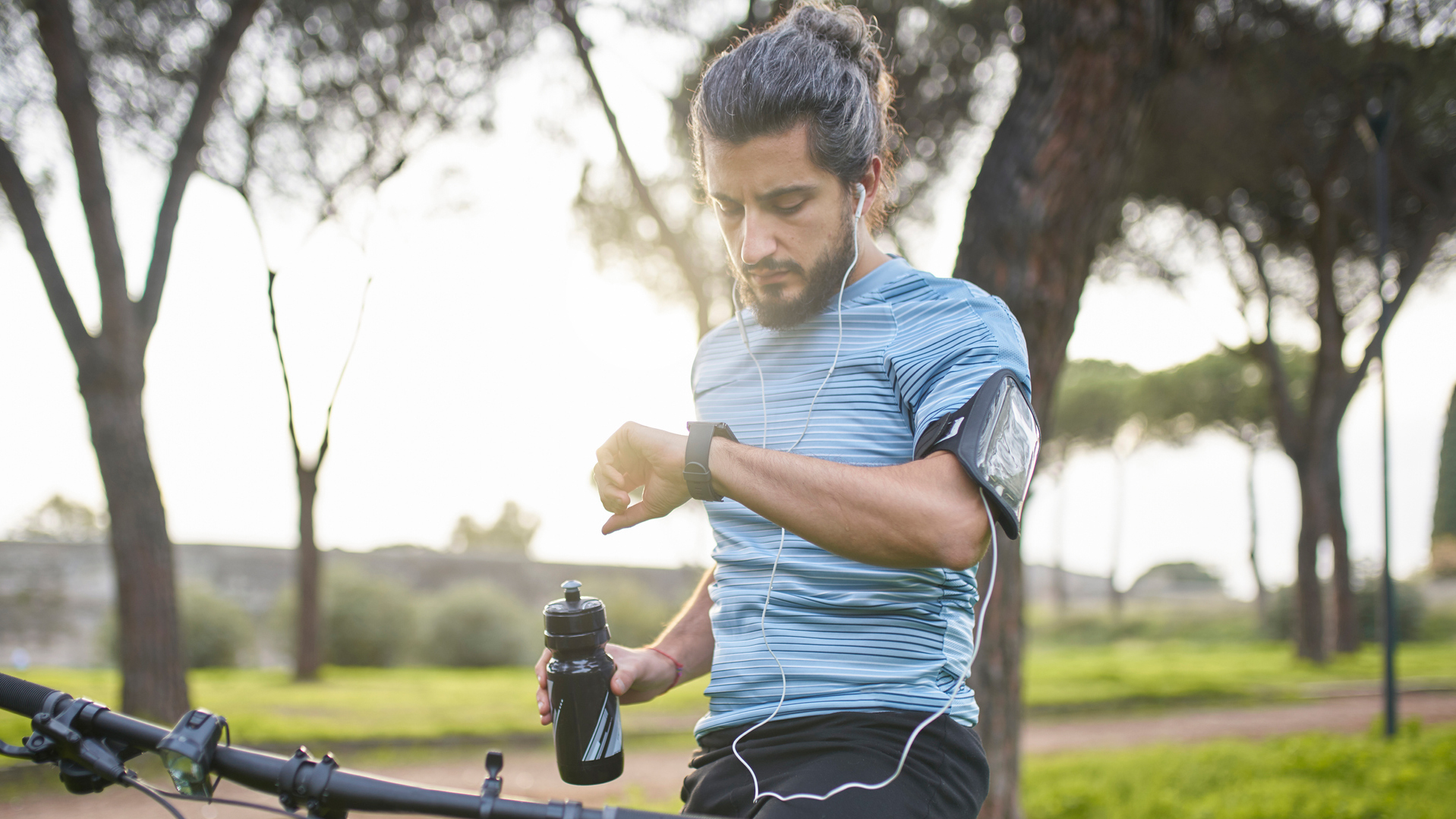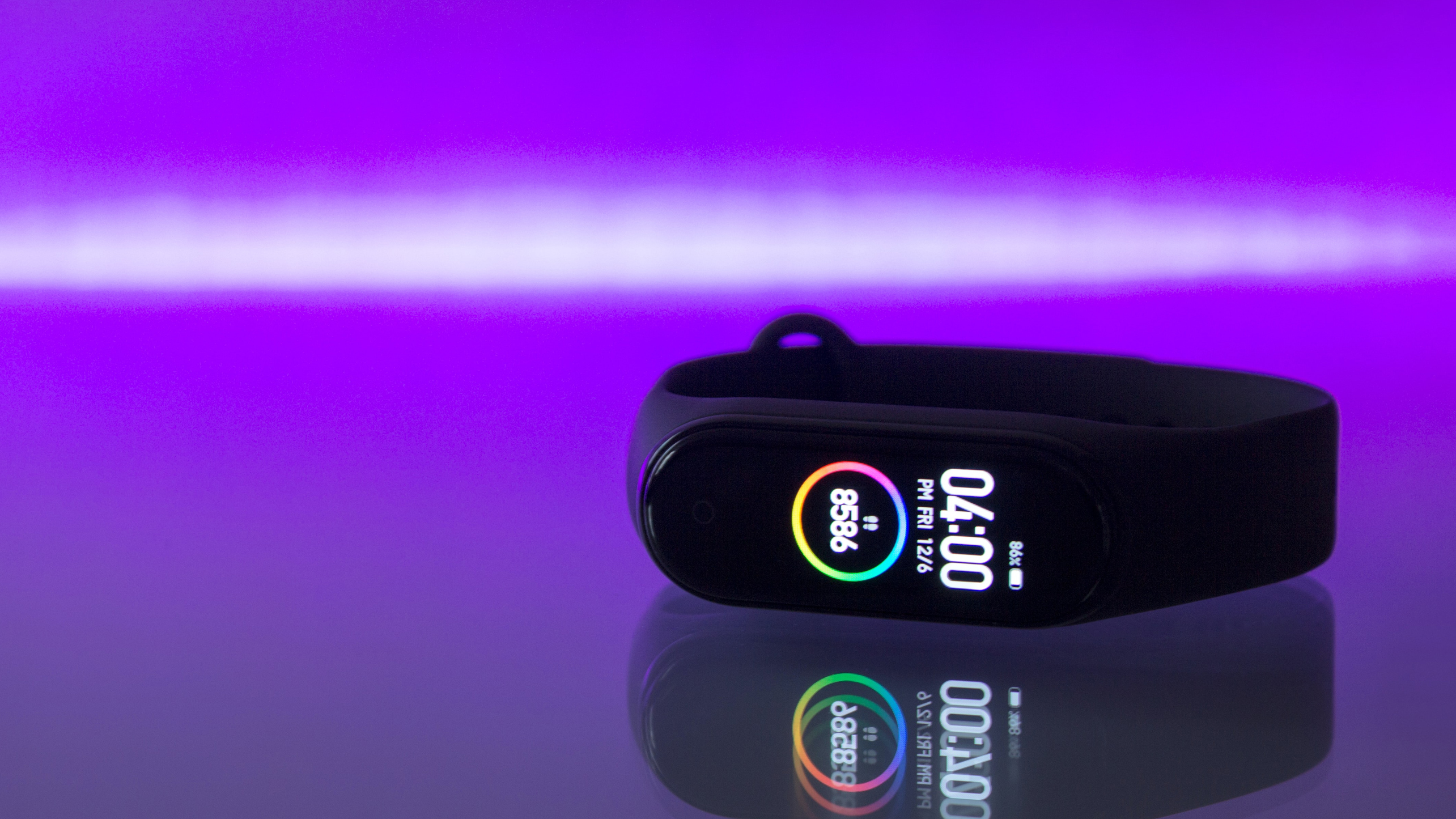How fitness apps kept us moving through lockdown (and why you should try one)
Garmin, Strava and Fitbit kept us going through lockdown, encouraging us to move more. Never used one? Now's the time


If you got back into fitness over lockdown, you know it's been pretty difficult to try and get in, or stay in, shape during this period. With gyms and classes closed due to the coronavirus pandemic, we've been away from both resources such as gym equipment, and the usual communities that stem from group classes. It's no wonder more than half (53%) of surveyed adults reported a decline in physical activity – at least according to a recent study.
The study, published by researchers from Flinders University, studied 408 Australian adults' exercise habits throughout the COVID-19 pandemic. It was found 24% of adults increased their activities during lockdown, many of them using fitness apps up to seven times a week. The best fitness apps including Fitbit and Strava were all popular choices.
Associate Professor Ivanka Prichard, lead author of the study, said: “Commercial physical activity apps are accessible, affordable, and an easy step for people to maintain their physical activity during a pandemic, and thus the use of these apps should be promoted and encouraged.

“Sharing posts and receiving encouragement provides the social support many people need to stay motivated with exercise programs."
This sense of community we really missed exercising over lockdown, as we were discouraged from exercising together, was brought back using fitness apps. Strava, for example, has a feature on which you can upload your favourite routes and compare times with others. If your gym is still closed, or you're looking for a new motivational tool to keep you going, apps are a great way to go.
The best way to use a fitness app: Fitness trackers
You can just leave your phone in your pocket with your app open while you run, which will give you a pretty accurate sense of routes and times thanks to . But for any other form of exercise, such as circuits, you won't get a very good picture of what you're up to or how hard you're working.
This is where fitness trackers come in. Most good fitness trackers use calorie counters, heart rate monitors and other technology, such as on-board ECGs and dedicated workout profiles, to get an accurate impression of how many calories you burned, what your VO2 max is, which heart rate "zone" you were most often in, and more. The best trackers also follow your recovery and sleep, while you can input what you're eating into the app for a complete picture of health.
Start your week with achievable workout ideas, health tips and wellbeing advice in your inbox.
You could opt for a fairly slender fitness tracker, which just provides the essential info, or you could opt for a more advanced (but more expensive) fitness watch, which can often be used to get notifications, calls and third-party apps for your phone. Our guides to the best fitness trackers and best fitness watch will see you right.
Most of these trackers, such as Fitbit, Polar and Garmin, have dedicated apps to provide a complete picture of health. However, only a certain number of them have a community feature, with Strava being one of the most popular. If this is important to you, check your chosen tracker can interface with your chosen app before you buy.
Matt Evans is an experienced health and fitness journalist and is currently Fitness and Wellbeing Editor at TechRadar, covering all things exercise and nutrition on Fit&Well's tech-focused sister site. Matt originally discovered exercise through martial arts: he holds a black belt in Karate and remains a keen runner, gym-goer, and infrequent yogi. His top fitness tip? Stretch.
